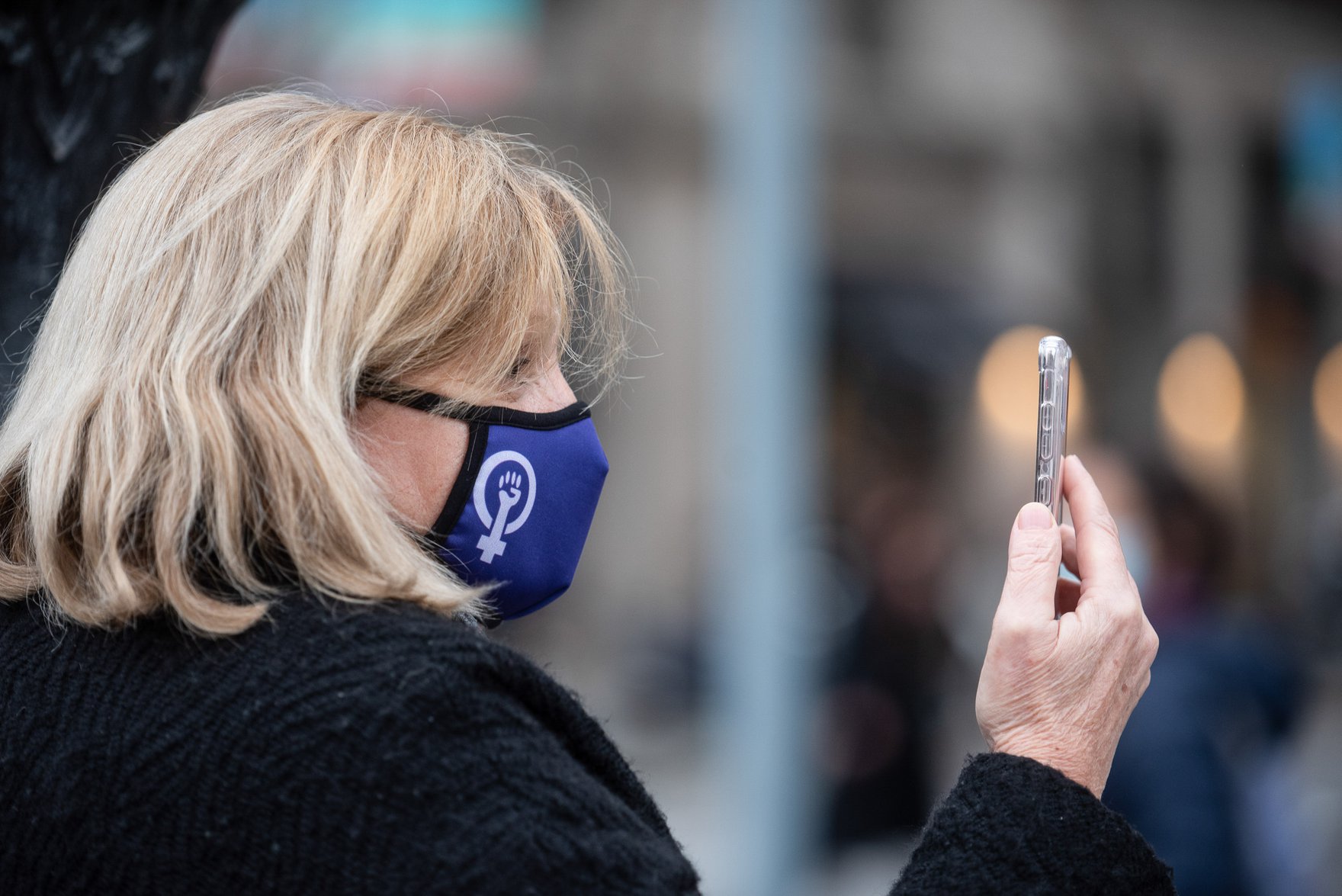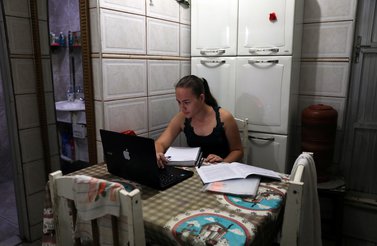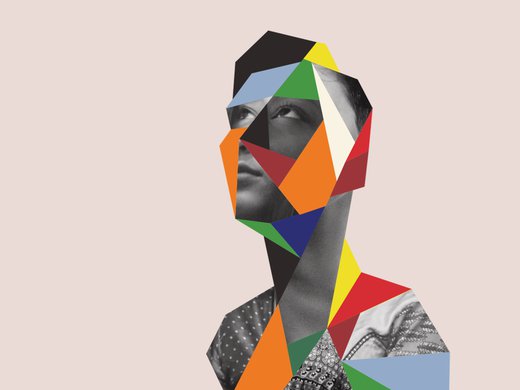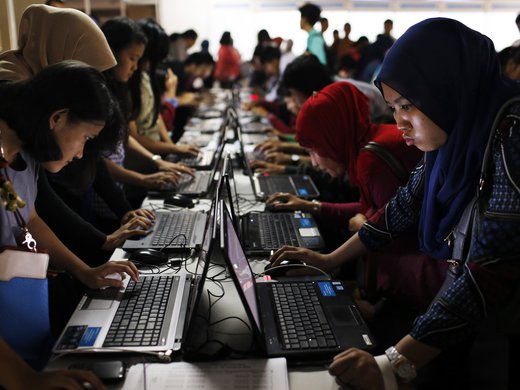“I would never ever, ever subject myself to that again. It has damaged my mental health. It has made me fear for the safety of my family. It has made me fear for my safety,” says former television anchor and political candidate Tamara Taggart.
In April, during a virtual discussion on cyber harassment of journalists and politicians, Taggart recounted the avalanche of online insults and disparaging comments she received during the 2019 federal elections. As a former journalist, she was not a stranger to working in a toxic environment, but the situation worsened dramatically when she decided to run for office. “If I had known how much abuse I would face, I would not have run,” she stated.
Taggart’s experience online is not an exception. Around the world, online violence against women is pervasive and endemic. Understanding its impact on women is fundamental to our understanding of the consequences for democracy.
We know that technologies are double-edged swords. Social media platforms such as Twitter have become de facto tools for politicians, journalists and activists, and there is no denying that participation in these spaces has many benefits, for women in particular. A global report by #ShePersisted, an organization that seeks to tackle gendered disinformation and online attacks against women in politics, shows that women involved in politics benefit from an online presence, particularly since traditional media remains biased toward them. Female politicians use these platforms to connect with communities, build an identity, and shape policies and political discourse.
However, social media platforms can also silence and delegitimize women who speak out. Whether in Canada, India and Pakistan, the Philippines, or the United Kingdom and the United States, it is well documented that women, particularly those in positions of leadership or activism, are subject to more online abuse than men. In 2018, a project by Amnesty and Element AI titled “Troll Patrol” found that female politicians and journalists in Britain and the United States are abused on Twitter every 30 seconds.
Although men are not immune from online criticism and attacks, the Women’s Media Center reports that there is a clear difference in both the quantity and the quality of these responses. Online abuse, including cyber sexism, takes many forms, among them impersonation, disinformation, electronic surveillance, non-consensual use of photography, violent threats, sexual objectification and gender-based slurs.
A clear example of cyber sexism is that men tend to receive negative messages about their political stance or policies, while women get more comments about their skills and their physical appearance. Women are judged according to different standards. Reporter Laura Brown, for example, says that she has been called a “dumb blonde” on Twitter and told she was worthless. Last year, Member of the Quebec National Assembly Christine Labrie stood up in the Assembly to enumerate the online slurs she had been subjected to. The slurs included phrases such as “useless human being,” “prostitute,” “get dressed or commit suicide” and “you should disappear, you are a disgrace to Quebec people.” Threats can occasionally become extremely graphic and violent, as journalist Supriya Dwivedi experienced when she was sent rape and death threats on Twitter.
The nature of these messages is a reflection of misogyny and normative expectations about women’s place in society. Researchers Mona Lena Krook and Juliana Restrepo argue that incivility toward women who participate in politics can be viewed “as a form of gender role enforcement.” Indeed, the way women are characterized in media and politics remains gendered, therefore prolonging existing stereotypes. During a public discussion about the cyber harassment of women in Quebec, communications expert Martine St-Victor criticized traditional media for its biased treatment of female politicians, including Montreal Mayor Valérie Plante, who is often subject to negative comments her laugh – a trait often associated with femininity. Plante herself has criticized the media – and internet culture – for using her traits to criticize her, something that she sees as a double standard. Similarly, Tamara Taggart believes that the criticism she was subjected to on social media was often driven by political opponents and imitated by supporters. #ShePersisted’s report supports these statements, stating that “gender identity remains the primary descriptor” for women in politics, rather than policy, thereby undermining their professional capacities.
Intersectionality matters immensely, as numerous studies have shown that women of colour face qualitatively and quantitatively different forms of abuses. For example, Amnesty International and Element AI found that “women of colour … were 34% more likely to be mentioned in abusive or problematic tweets than white women.” Similarly, a 2020 report by the Institute for Strategic Dialogue, Public Figures, Public Rage: Candidate abuse on social media, shows that women of ethnic minority are attacked with “racialized or discriminatory language.” Canadian senator Wanda Thomas Bernard, media columnist Martine St-Victor and journalists Rima Elkouri and Supriya Dwivedi said during public discussions that the comments online are often both racist and gendered. Again, this abuse is a reflection of both the existing racism in our society and the lack of diversity in politics and media.
Cyber violence against women has an impact on the personal lives of individuals and therefore on political debate and democracy. While public figures such as Senator Thomas Bernard and Canadian Member of Parliament Lenore Zann are determined to ignore the hate and to battle on, several politicians in Canada and the United Kingdom have already given up on their careers as a result of the toxic environment they have to work in. Canadian Minister Catherine McKenna, no stranger to online hate, has had to have security assigned to her as result. Similarly, a study by the Organization for Security and Co-operation in Europe shows that many journalists have already either quit their jobs as a result of online abuse or resorted to self-censorship. Worse, perhaps, for the future of our democracy is that fear of online abuse may prevent women from seeking jobs in journalism, politics or activism. When there is a lack of diversity in politics and the media, large segments of the population are not represented. The absence of representation has a grave impact on public debate, policy and democracy.
Women’s exit from these toxic spaces also means that the individuals behind cyber harassment and misogyny have achieved what they wanted: instilled fear and delegitimized and silenced women whom they saw as taking up too much space. This is nothing new. In her manifesto Women and Power, Mary Beard shows that the first time that someone told a woman to “shut up” because her voice should not be heard in public dates back to Homer’s Odyssey. This online aggression is particularly targeted against women who occupy positions traditionally associated with men or who seek positions of power where their voices will be heard more.
Social media has simply become an additional tool to perpetuate this long-existing culture of the silencing and disempowerment of women. What makes matters worse is that it does so on a grand scale because of the business model, architecture and algorithms of social media. These platforms promote and amplify sensationalism, outrage and inflammatory comments, and have proven completely unable, or unwilling, to control them, despite the clear impact on society.
While many women who speak out in public say they have grown a thick skin, they should not have to do so, since online abuse against women on social media platforms should not exist in the first place. What can be done about this? Since these platforms benefit from user-generated content, we must demand more accountability and transparency from social media companies, particularly as regards policies, enforcement and algorithmic systems. Steps should be taken at the national and international levels. Over the past few months, there seems to be recognition that action must be taken, especially since pandemic has accelerated online hate and disinformation. In Quebec, male politicians, including Premier François Legault, are finally now speaking out. Minister of Canadian Heritage Steven Guilbeaut is currently working on regulations to address online hate. Women are also taking matters into their own hands, including through the Feminist Principles of the Internet. The movement, which began in 2015, is trying to create digital spaces available to and safe for women and queer persons.
Of course, the underlying problem is the continued culture of misogyny and the lack of parity in societies around the globe. Making the social and cultural changes to overcome this problem is much harder. However, social media companies have a responsibility to not prolong the culture of misogyny or to be barriers to women’s empowerment. The internet can be a transformative space; it should transform in a way that supports, not attacks, women’s rights and democracy.





